Articles / Sustainability / Water scarcity
World Environment Day
World Environment Day
April 29, 2024
World Environment Day
Overview of World Environment Day
World Environment Day, marked annually on 5 June, was established by the United Nations General Assembly in 1972.
It was set up to be a global platform for inspiring positive change, to celebrate environmental action and the power of governments, businesses and individuals to create a more sustainable world.
Over the past five decades, it has grown to be one of the largest global platforms for environmental outreach. The UN says tens of millions of people participate online and through in-person activities, events and actions around the world.
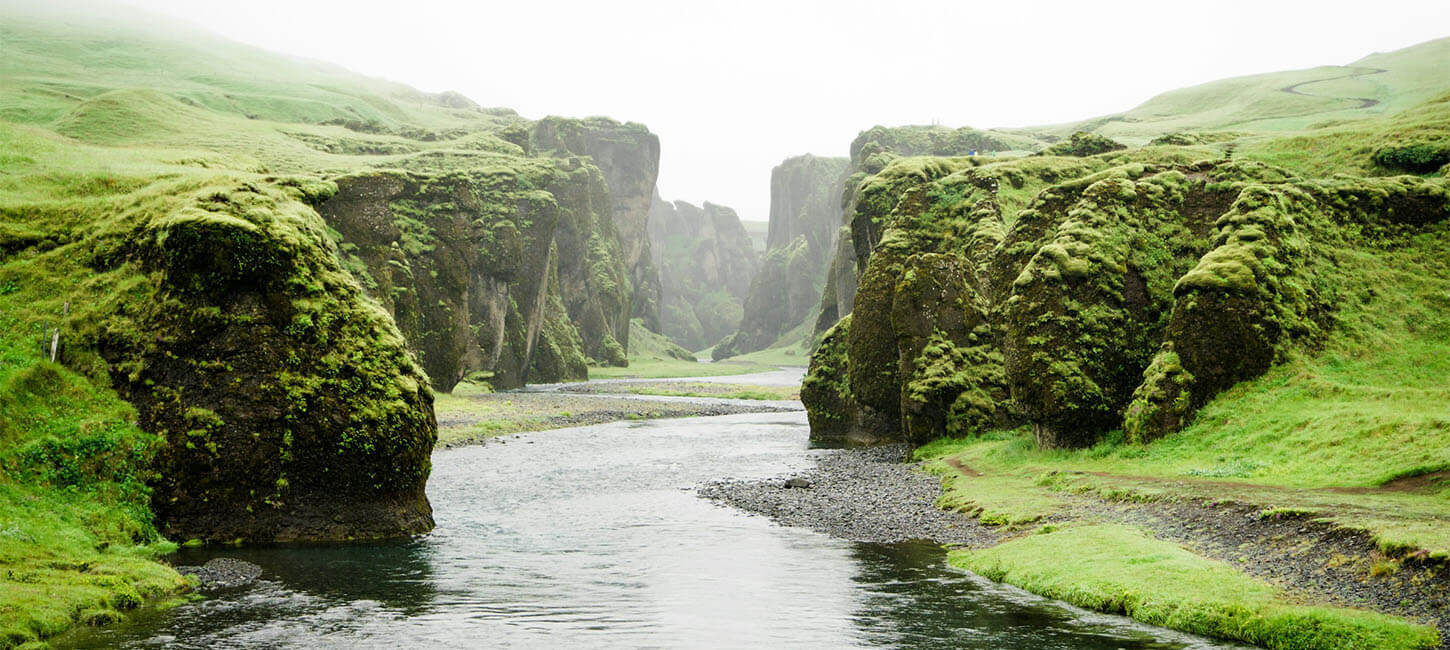
Action is required to protect our planet
Overview of World Environment Day 2024
Saudi Arabia will host 2024’s event. The theme for this year is land restoration, desertification and drought resilience.
Whether it’s entirely ethical for one of the world’s largest polluters (in terms of millions of barrels of oil produced) to host an environmental conference is open to question.
Some might accuse the organisers (the United Nations Environment Program) of ‘greenwashing.’ Others may argue that getting countries like Saudi Arabia to participate at least means that they acknowledge the issue.
Notwithstanding, the subjects chosen are vitally important because water is a finite resource. Climate change is creating more droughts every year, whilst flooding and other climatic events blight other parts of the world.
The United Nations’ Environment Program estimates that the number and duration of droughts has increased by 29 per cent since 2000. So without urgent action, drought may affect over three-quarters of the world’s population by 2050. Water scarcity is a major environmental issue worldwide that just isn’t talked about enough.
Why is Water Scarcity a Problem?
Increasing pollution, rapidly growing urbanization, cross-border conflicts and climate change are all combining to create more water scarcity.
This creates areas of water stress. Here, water – and indeed water conservation – can become a tool of leverage in conflicts. In fact in 2024, over 3 billion people worldwide depended on water that crossed national borders. And only 24 countries have an agreement for shared water from transboundary sources.
Public health, agriculture and energy systems, manufacturing productivity and especially environmental integrity all depend on protecting and conserving water – our most precious resource.
The key therefore to reducing water scarcity as well as fighting desertification and increasing drought resistance is water reuse.
How We Can Stop Water Scarcity
Currently water recycling is only carried out on a small percentage of water used in industry. But in an increasingly regulated situation, effective water management is seen as essential for many industrial facilities.
What’s not widely understood by some regulators are the unbelievable amounts of water required to produce many day-to-day items:
• 2,700 litres is used to make ONE cotton T-shirt (the equivalent of 70 showers.)
• 14,000 litres is used to make a smartphone.
• And terrifyingly, 190,000 litres is used to create a laptop (Put against that, 150,000 litres to build a car is positively ‘green’ …)
Water that has been utilized for industrial processes is best treated at source, prior to being sent to the sewer or to watercourses. Rather than waiting until wastewater is one highly polluted mixture, it’s easier and quicker to treat polluted water immediately after an industrial process.
This also delivers the added advantage of being able to reuse it several times, increasing independence from municipal supplies or tankered-in resources that may not offer regular supply or consistent quality,
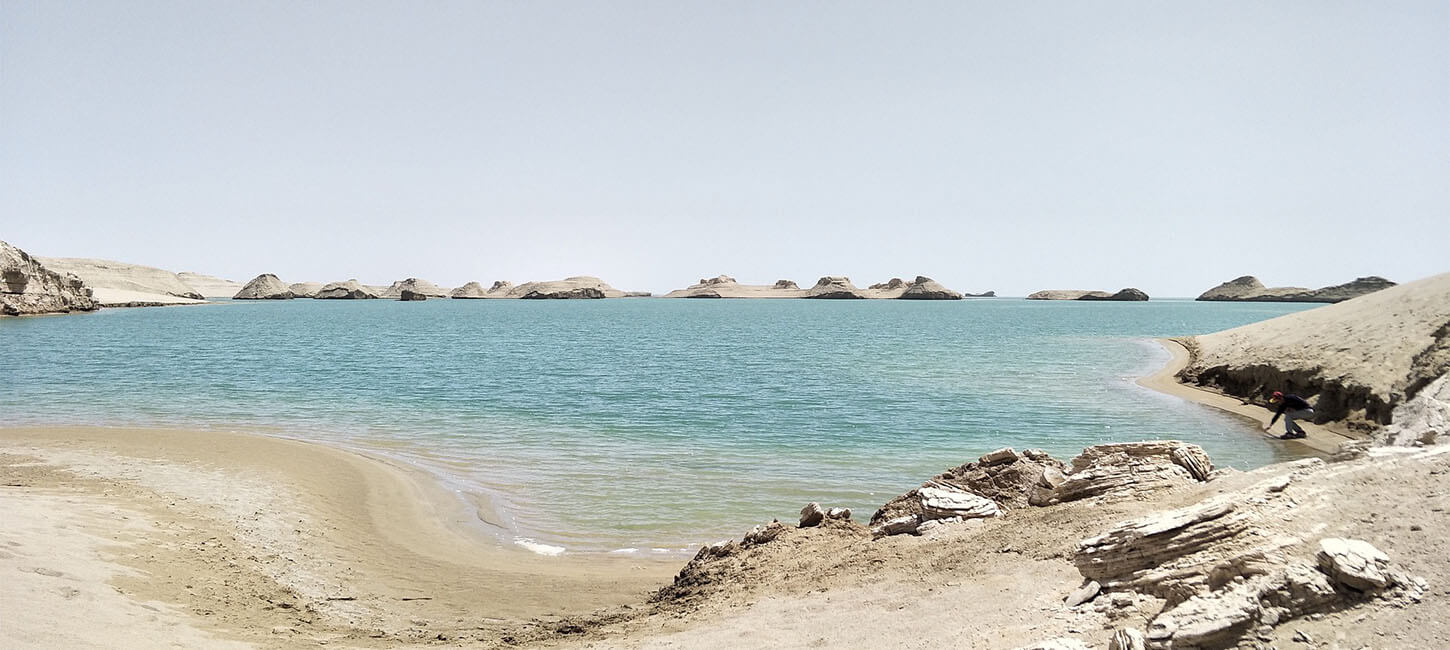
Water scarcity is a problem
Benefits of Water Reuse
Wastewater reuse at plant or process level is the most cost-effective method of industrial water treatment, so what’s often required are small units that retro-fit alongside or into existing installations.
Of many water-treatment methods available, only electrochemistry is truly capable of reducing many pollutants, poisonous solvents, battery chemicals, and recalcitrant compounds down to trace levels in wastewater.
The advantage of an electrochemical process is that it’s normally achieved without the use of additional toxic chemicals or large amounts of electricity. Many of these systems also have a compact and flexible form factor, something that legacy systems like activated carbon or RO struggle to deliver.
Countless industrial processes using eye-watering amounts of fresh water could save millions of litres per year, using this new generation of water treatment technologies.
Arvia’s New Water Treatment Technology
Arvia Technology’s expertise lies in electrochemical water treatment processes; this technology shows the most promise going forward.
We’ve developed several solutions to successfully break down and remove many harmful recalcitrant pollutants and even endocrine disruptors from polluted water, offering performance down to parts per trillion.
Launching in 2024 will be an additional range of treatments specifically designed to destroy PFAS compounds.
Importance of Water Security
Water scarcity CAN be managed. With greater water stewardship, more cross-border co-operation and more re-use of water, one of the aims of World Environment Day 2024 can be addressed.
With the current geo-political situation and the continuing impact of the pandemic, it’s looking like one of the aims of World Environment Day – halving pollution by 2030 – will be missed.
Meanwhile, at Arvia Technologies, we are accelerating development of our water treatment systems with new launches in 2024. This will allow us to offer water treatment to many more industries and municipalities all over the world, ensuring the possibility of clean water for generations to come.
More featured articles
03.14.2024
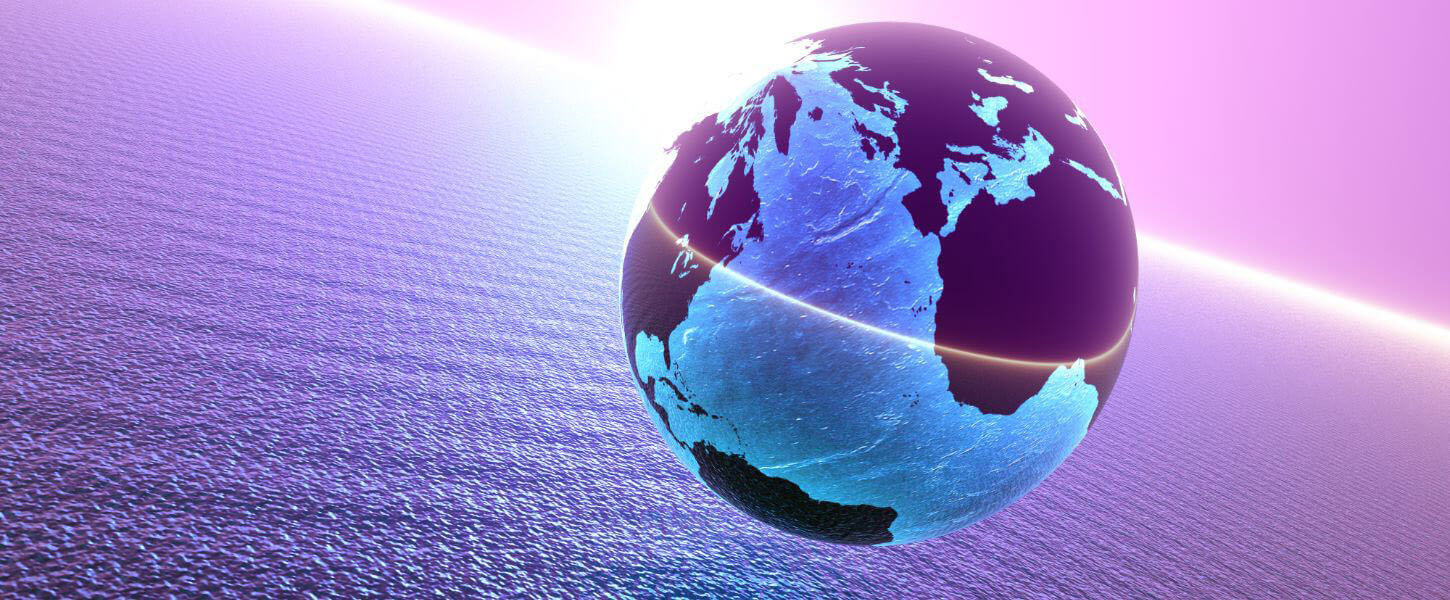
Fresh water is essential for everyday life and World Water Day is used to promote sustainable water management. But why is World Water Day so important?
03.20.2024
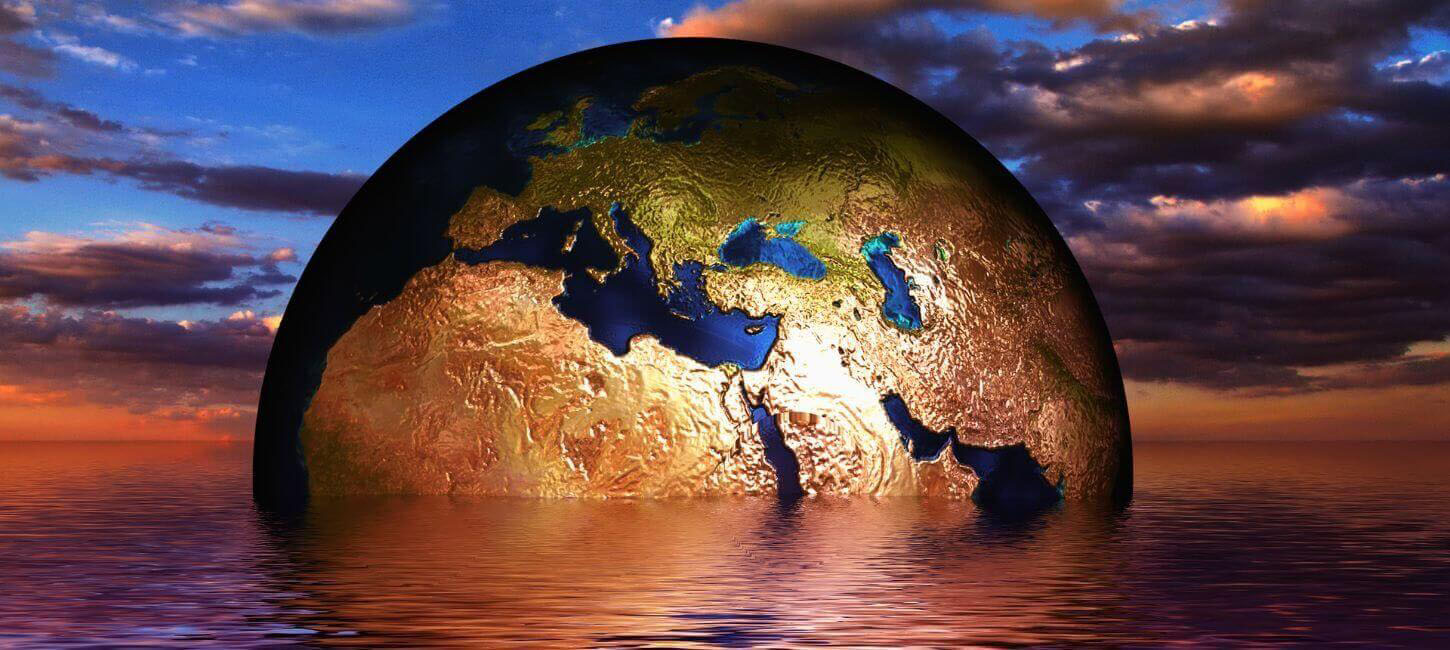
The Global Water Summit brings together industry leaders to address the most pressing challenges in the water sector and explore effective solutions to tackle them.
04.19.2024
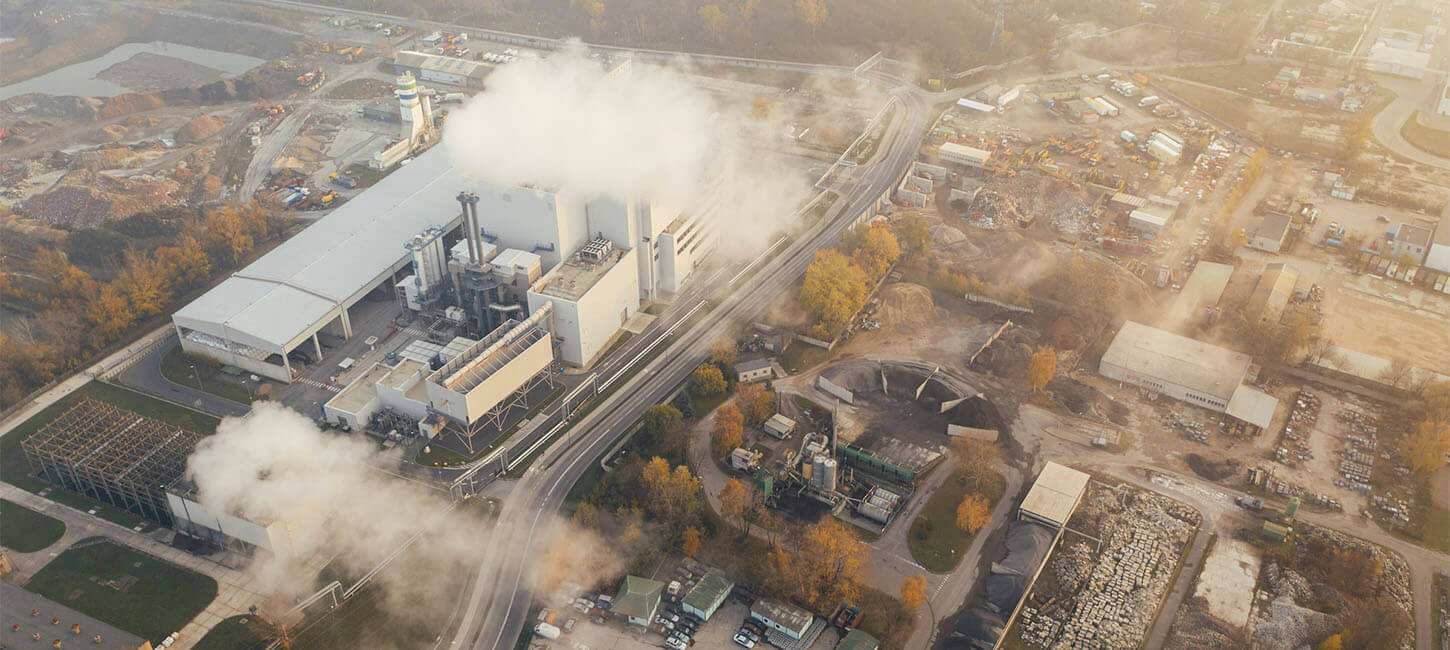
The 2024 U.S. Climate Action Summit convenes in Washington DC, focusing on addressing climate change issues. This event serves as a platform for discussions and initiatives aimed at combating climate change.
Our wastewater treatment expertise
Our water technology can be used to treat a variety of water treatment applications. Once we understand the nature of your wastewater and your final water quality target, our water treatment specialists can make recommendations as to how best to treat your water. Take a look at some of the Nyex applications here:
Need help? Speak with an expert